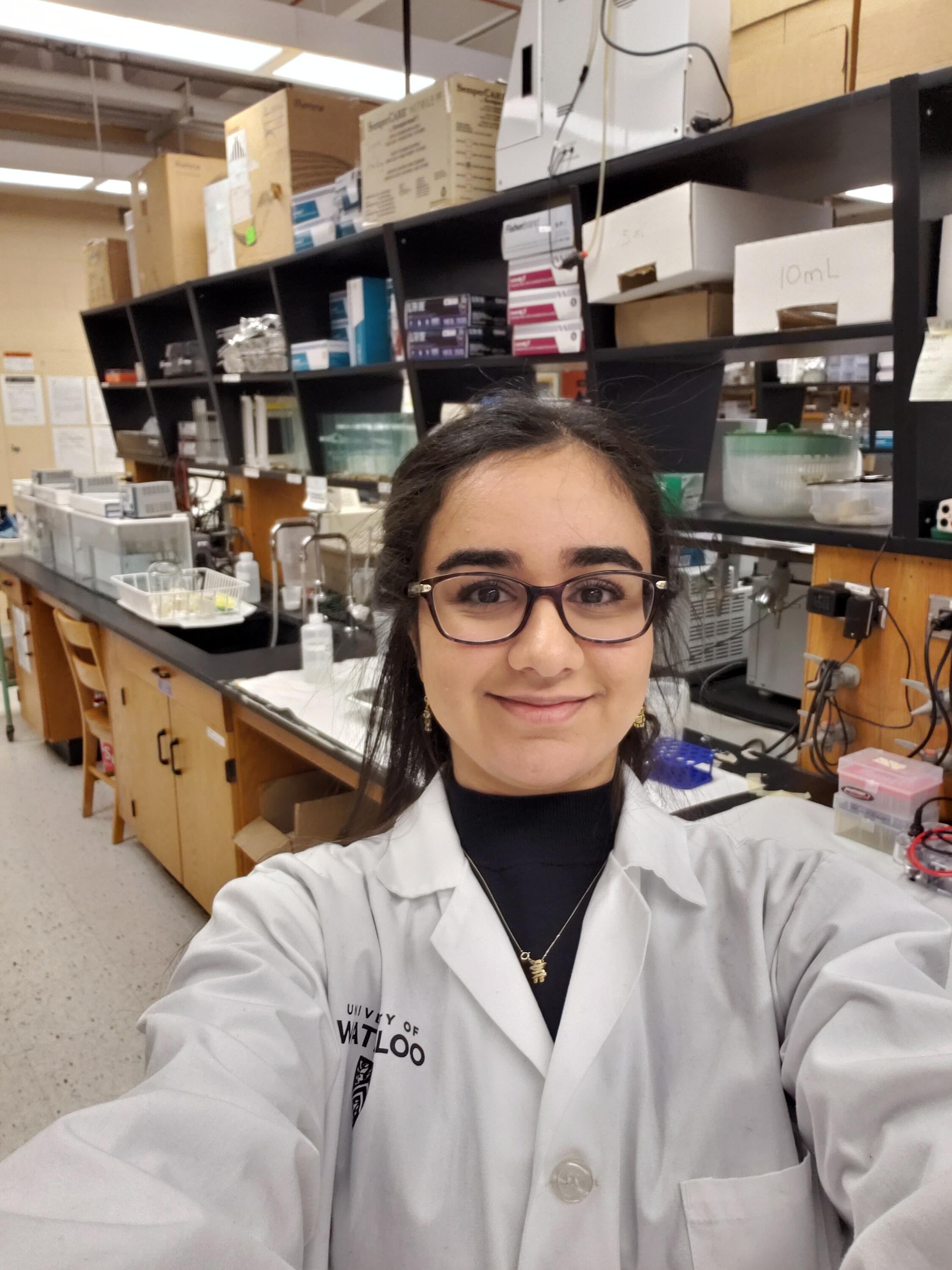Q and A with the experts: Scientific literacy and COVID-19


Researchers have discovered that a single, 20-minute session of non-invasive brain stimulation of the visual cortex can reduce the effects of macular degeneration.
Bob Lemieux, Dean of Science is pleased to announce that Professor Dmitry Pushin, from the Department of Physics and Astronomy will be the Faculty of Science HeForShe advocate, effective January 1, 2021.

During these unusual times of isolation and social distancing, Waterloo scientists have found a new way to engage with the local community and share their research.
When the University’s research labs shut down for quarantine, biology professor Brian Dixon pivoted some of his research away from blood testing in fish, into looking at blood testing in humans. Instead of sitting around and waiting for his labs to open again, Dixon wanted to use his time and knowledge of biology and immunology to contribute to the global need for understanding and overcoming COVID-19.

Accustomed to working in Waterloo’s Neufeld lab, Al-Ajeel, like many other science students, have pivoted their studies and research to adjust to this new work-from-home culture.
Researchers at the University of Waterloo are developing a DNA-based vaccine that can be delivered through a nasal spray.
The vaccine will work by using engineered bacteriophage, a process that will allow the vaccine to stimulate an immune response in the nasal cavity and target tissues in the lower respiratory tract.
Hydroxychloroquine has been in the news lately, touted as a possible treatment for COVID-19. But what is it, and does it really work?
Professor Brian Dixon, an expert in immunology, answers some frequently asked questions about the drug.

Existing eye tests rely on children’s ability to identify letters or match shapes, making it difficult to diagnose vision loss in children under the age of three.